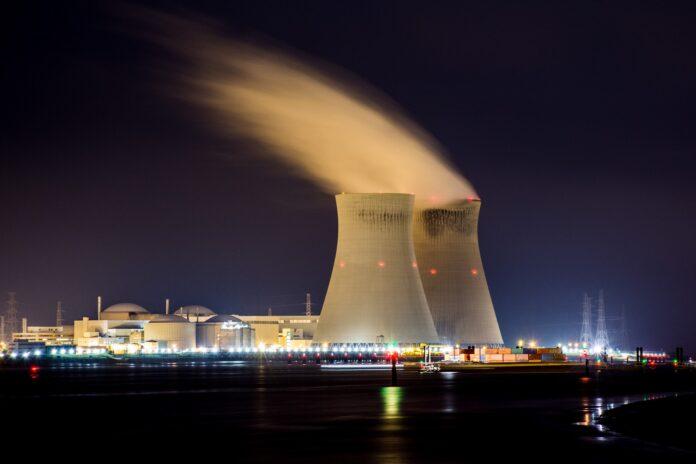Being both carbon-free and nuclear-free is not going to be easy for Germany and European Union (EU) when trying to meet the target of reduction of greenhouse gas emissions to keep temperature rises within 1.5oC.
Over 75% of European Union’s greenhouse gas emissions is due to production and use of energy. Hence, decarbonising EU’s energy system is an imperative for meeting 2030 climate objectives1. Further, in the recently concluded COP26 climate summit, countries had pledged to keep temperature rises within 1.5oC.
It is in this context that European Commission released proposal on 01 January 2022 labelling certain gas and nuclear activities as sustainable green options towards decarbonisation of EU’s energy system. The EU Taxonomy is expected to guide and mobilise private investment in energy activities to achieve climate neutrality in the next 30 years2.
However, not all member states agree to recognise nuclear energy as an acceptable option towards decarbonisation of energy system and meeting climate goals.
While France strongly supports nuclear energy as an option towards decarbonisation and plans to revive its nuclear industry, several others like Germany, Austria, Luxembourg, Portugal and Denmark strongly oppose nuclear energy option.
Earlier, in a Joint Declaration for a nuclear-free EU Taxonomy on 11 November 2021, Germany, Austria, Luxembourg, Portugal and Denmark said ‘’Nuclear power is incompatible with the EU Taxonomy Regulation’s “do no significant harm” principle’’. They expressed their concern that ’’including nuclear power in the Taxonomy would permanently damage its integrity, credibility and therefore its usefulness’’3.
In view of Japan’s Fukushima nuclear disaster (2011) and former Soviet Union’s Chernobyl disaster (1986), the stand taken by the opponents of nuclear energy is understandable. In fact, Japan has recently opted to build several new coal-burning power plants to meet energy needs despite the Climate Risks.
Being both carbon-free and nuclear-free is not going to be easy for European Union (EU) when trying to meet the target of reduction of greenhouse gas emissions to keep temperature rises within 1.5oC.
***
References:
- European Commission 2022. Energy and the Green Deal – A clean energy transition. Available at https://ec.europa.eu/info/strategy/priorities-2019-2024/european-green-deal/energy-and-green-deal_en
- European Commission 2022. Press release – EU Taxonomy: Commission begins expert consultations on Complementary Delegated Act covering certain nuclear and gas activities. Posted 01 January 2022. Available at https://ec.europa.eu/commission/presscorner/detail/en/IP_22_2
- Federal Ministry for the Environment, Nature Conservation, Nuclear Safety and Consumer Protection (BMUV). Joint Declaration for a nuclear-free EU Taxonomy. Posted 11 November 2021. Available at https://www.bmu.de/en/topics/reports/report/joint-declaration-for-a-nuclear-free-eu-taxonomy
***




































